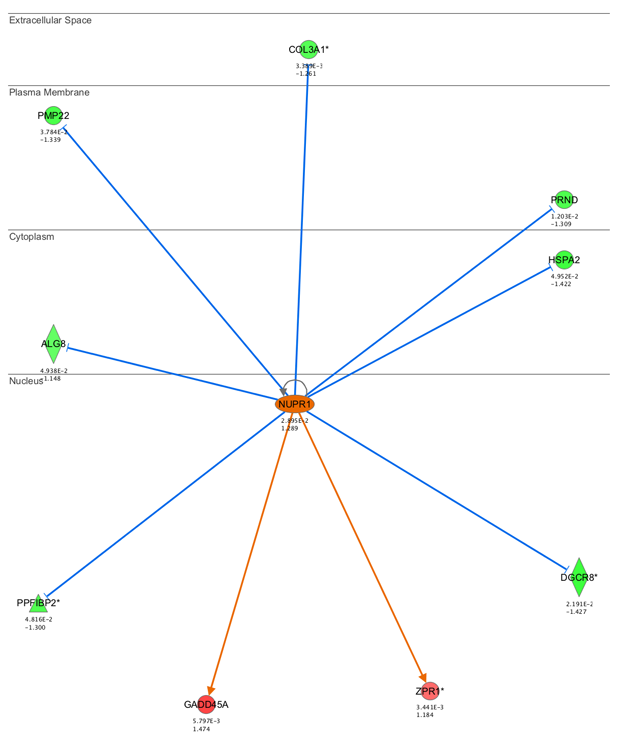Session Information
Date: Monday, November 9, 2015
Title: Rheumatoid Arthritis - Small Molecules, Biologics and Gene Therapy Poster II
Session Type: ACR Poster Session B
Session Time: 9:00AM-11:00AM
Background/Purpose: The cause of accelerated atherosclerosis in
rheumatoid arthritis (RA) is still unclear and appears to be multifactorial.
Besides the traditional risk factors, also RA-specific risk factors play a
role. Notably, vascular inflammation in the vascular adventitia may be a
crucial factor. Elucidating the pathomechanism of
cardiovascular (CV) disease in RA is essential in order to provide optimal CV
prevention and treatment. Examination of vascular specimens may provide
important clues for such an endeavor. The purpose of the study was to compare
the gene expression profile in the aortic adventitia in coronary artery disease
(CAD) patients with and without RA.
Methods: Total RNA was isolated from biopsies of the adventitia of
the ascending aorta removed during coronary artery bypass grafting in patients
with (n=8) and without (n=8) RA. The gene expression profile was determined
using Affymetrix microarray. The CEL files were
imported into the Partek Genomics Suite software, and
differentially expressed genes were identified by one-way ANOVA (p<0.05;
FC>1.1).
Results: Non-supervised hierarchical clustering analyses showed
that the gene expression profiles clustered into two groups. A total of 15586
transcripts were identified, of which 201 were differentially expressed between
the groups (p<0.05). Upstream analysis demonstrated activation of the
stress-induced nuclear protein transcriptional regulator 1 (NUPR1) in RA
patients (z-score: 3.0). Nine target molecules of NUPR1 were identified,
including the endothelial dysfunction-related growth arrest and
DNA-damage-inducible alpha (GADD45A), which was up-regulated
in RA patients (p=0.006; FC=1.474) (Figure 1).
Conclusion: NUPR1 is a known key player in the cellular stress
response. Our results indicate that the increased CV risk in RA might be
related to activation of NUPR1, with downstream activation of GADD45A, which in
turn promotes endothelial dysfunction. Interestingly, NUPR1 has also been
linked to heart failure, and GADD45A to immune senescence, autoimmunity and
inflammation, and to endothelial dysfunction. In theory, factors of the NUPR1
pathway might be a target for novel therapy.
To cite this abstract in AMA style:
Fostad IG, Eidet JR, Lyberg T, Olstad OK, Utheim TP, Mikkelsen K, Wiik A, Hollan I. The Transcription Factor Nuclear Protein Transcriptional Regulator 1 May Contribute to Increased Risk of Cardiovascular Disease in Patients with Rheumatoid Arthritis [abstract]. Arthritis Rheumatol. 2015; 67 (suppl 10). https://acrabstracts.org/abstract/the-transcription-factor-nuclear-protein-transcriptional-regulator-1-may-contribute-to-increased-risk-of-cardiovascular-disease-in-patients-with-rheumatoid-arthritis/. Accessed .« Back to 2015 ACR/ARHP Annual Meeting
ACR Meeting Abstracts - https://acrabstracts.org/abstract/the-transcription-factor-nuclear-protein-transcriptional-regulator-1-may-contribute-to-increased-risk-of-cardiovascular-disease-in-patients-with-rheumatoid-arthritis/

